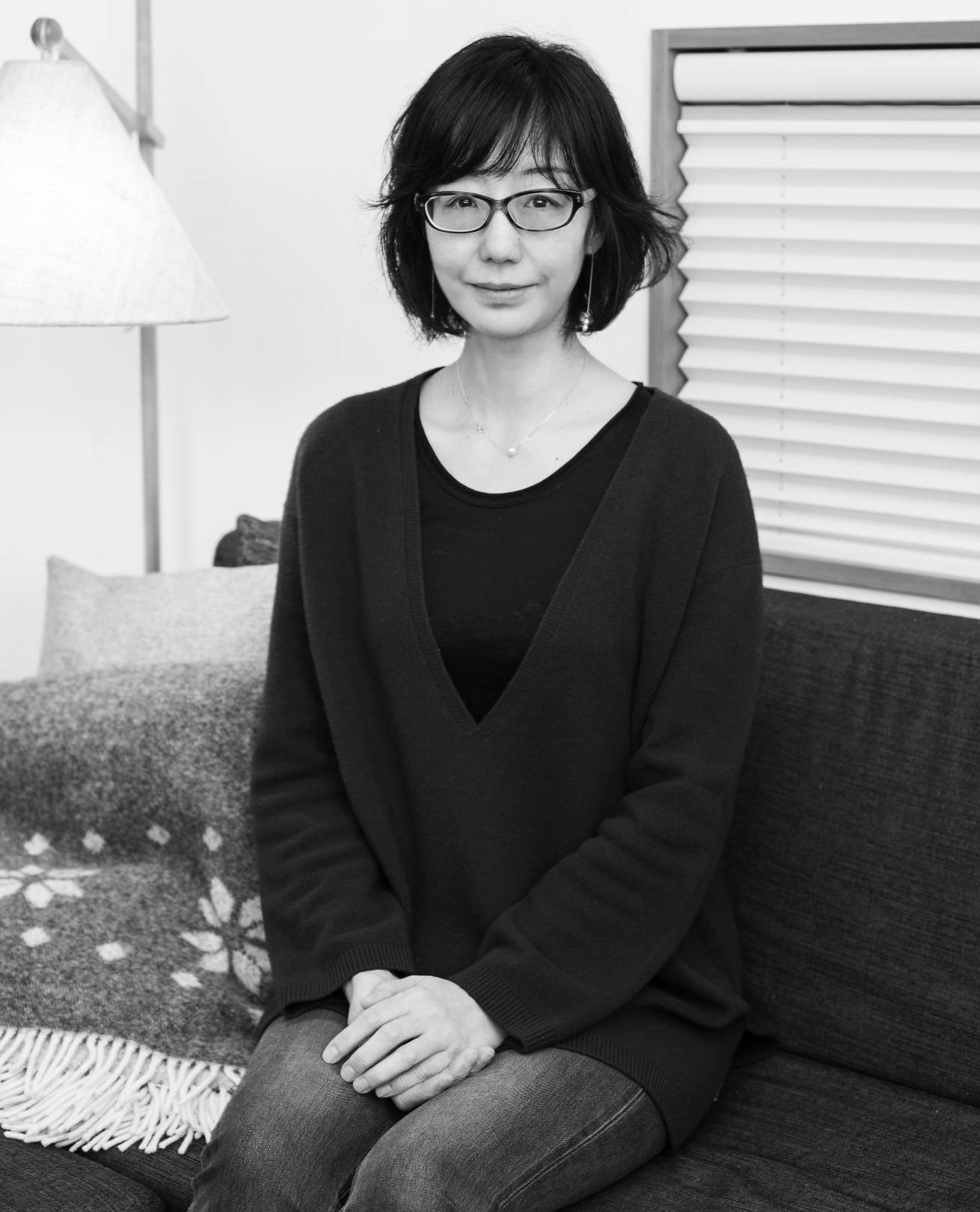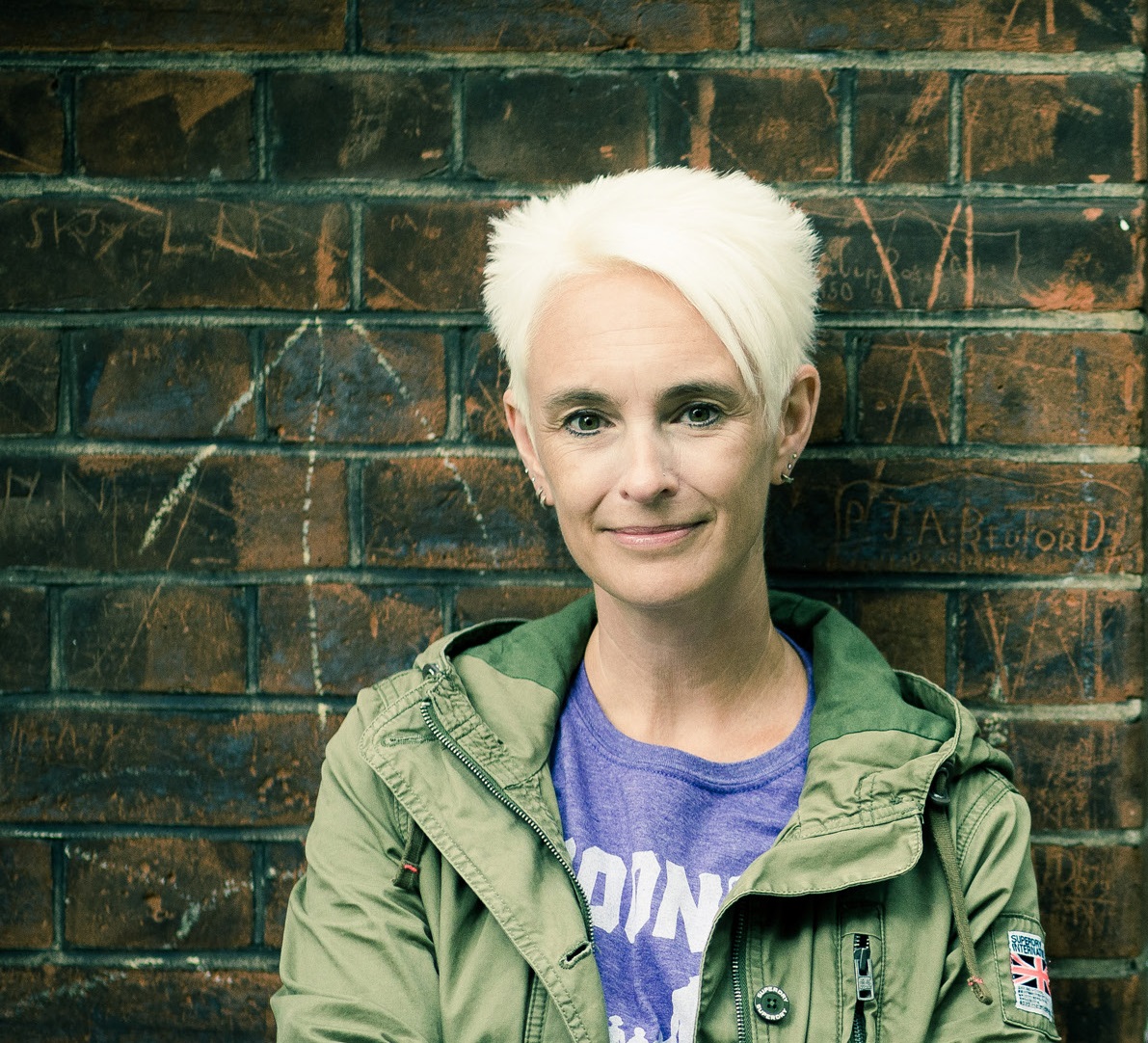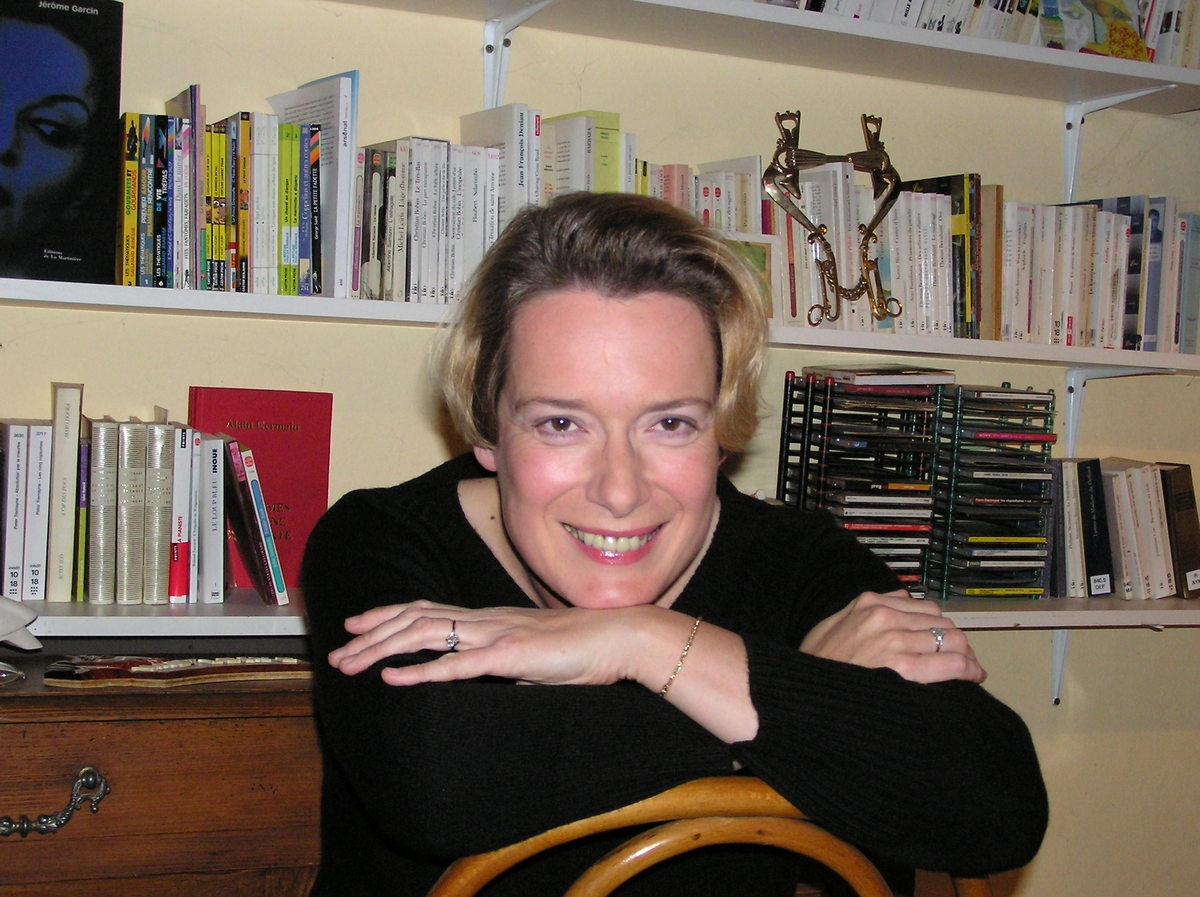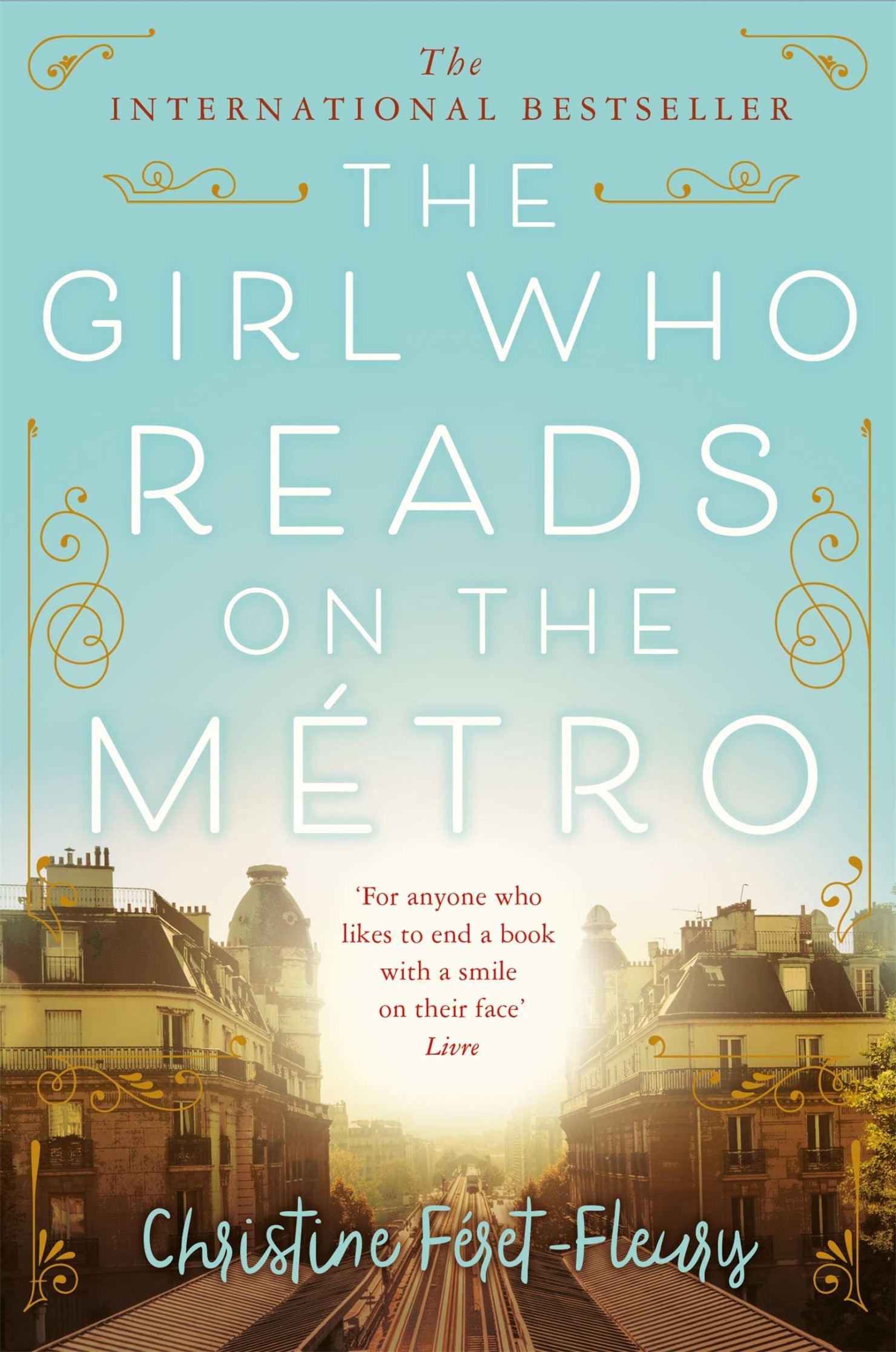Book Review | A five-star delight
Confession time: I’m smitten by Benjamin Alire Sáenz’s ‘Aristotle and Dante Discover the Secrets of the Universe’. Ever since I finished it, I’ve been dreaming about it (quite literally too—Dante made a guest appearance in my dream where my dad was trying to train our dog to do somersaults by doing it himself). The title initially felt like a mouthful but, after reading it, I realized it beautifully sums up the book’s essence. The cover is gorgeous too.
It’s a YA novel but I believe it will resonate with readers of all generations. I wish I had read the book as I was growing up. It would have definitely broadened my then-narrow perspective on gender and relationships. I plan to reread it soon and see what nuances I might have missed in this beautiful coming-of-age story that is a though-provoking exploration of sexuality and identity.
The book is about two Latino boys, Aristotle or Ari and Dante, who first strike a friendship at the pool where Dante teaches Ari how to swim. The two lead different lives—Dante, the son of professors, is a confident boy while Ari is shy, comes from a modest background and has a brother in prison. Ari is an angry teen while Dante has an unusual way of looking at things. They seem to have nothing in common but surprisingly get along well.
The story is narrated by Ari and though his view colors the narrative, every other character still manages to shine through. Dante specially wins your heart with his charming ways. The family dynamics between the characters and their parents is engaging. There is also a strong sense of disavowal of toxic masculinity—Danta cries easily and doesn’t feel the need to express his dominance through violent acts. I feel there is a need to explore the vulnerable side of men in literature to reinforce the idea that strength has nothing to do with being unemotional and that emotionality is a feminine trait.
As the boys transition into young adults, Sáenz portrays different facets of growing up, focusing mainly on masculinity and the complicated, often warped, ways in which we start developing ourselves. The book also deals quite a bit with race, ethnicity, homophobia, and psychological trauma. Sáenz has been able to bring these elements together without anything feeling distorted and confusing the reader. It’s all seamless. Some chapters are long and some are short but each is impactful and crucial to the overall plot.
Aristotle and Dante Discover the Secrets of the Universe doesn’t have plot twists and intense drama. The simplicity of the story is what makes it compelling. The story consumes you, and refuses to let go of its hold long after. It was the hopeful and uplifting read I needed during what felt like a desperate and bleak time. It was a soothing balm to my lockdown woes.
Five stars
YA Fiction
Aristotle and Dante Discover the Secrets of the Universe
Benjamin Alire Sáenz
Published: 2012
Publisher: Simon & Schuster
Pages: 359, Paperback
Book Review | This Mournable Body: Nice but not without glitches
Tambudzai is a black Zimbabwean woman in her forties living in a women's hostel in Harare. It’s a temporary arrangement as she is older than the permitted age and has to find a place of her own soon. But having quit her job at an advertising agency after white male co-workers got credit for her work, she is struggling to find accommodation and employment. The traumatic experiences and hardships that she goes through affect her mental health and she is even institutionalized for a while. All in all, Tambudzai or Tambu has a difficult life.
Tsitsi Dangarembga’s novel ‘This Mournable Body’ that got shortlisted for the 2020 Booker Prize is somewhat bleak. But despite the general theme of despair running through the book, This Mournable Body is actually a story of triumph and the strength of the human spirit to persevere. Tambu is aware of the brutal reality of her situation but she never loses her sense of self. She is a strong character. She is every woman who has ever found herself in a difficult situation.
This isn’t a book without problems—it’s slow, for instance—but it shifts your perspective on things and that’s an important kind of storytelling. But what I loved about the book is that it is narrated in second person from Tambudzai’s perspective. You feel like you are Tambudzai and literally in the midst of all that is happening. Tambu is sometimes quite self-centered and thus a difficult character to like. If it hadn’t been for the writing style that put me in her shoes, it would have been frustrating to understand or feel connected to her.
I did, at various points in the novel, wish I knew more about Tambu—where she came from, what her childhood and growing up years were like, and how she ended up where she was. Turns out, This Mournable Body is actually the concluding novel in a trilogy. You needn’t have read the previous parts to pick up this book—it works fine as a stand-alone novel. But reading the other two books will definitely give you a better sense of things.
The first book, ‘Nervous Conditions’, published in 1988, is about Tambudzai’s childhood. The second, ‘The Book of Not’, out in 2006, follows her time at convent school before she starts working in advertising. Set 20 years later, the final instalment of the series chronicles the later years of Tambu’s life. It’s a sad depiction of how the education system is filled with false promises for black Zimbabwean women and how they deal with that reality. It’s also an essential commentary of sorts on class, race, and misogyny that divide most societies even today.
Three stars
Fiction
This Mournable Body
Tsitsi Dangarembga
Published: 2020
Publisher: Faber & Faber Limited
Pages: 363, Paperback
Book Review | Sadie: Upsetting yet amazing
Nineteen-year-old Sadie’s life hasn’t been easy. Raised by a mum who is at best indifferent, she realizes early on that she is going to have to get by on her own. She is fiercely protective of her little sister, Mattie, and tries her best to take care of her after their mother, Claire, runs away. Then Mattie is found dead. The police investigate but nothing conclusive comes out of it. Sadie knows who murdered Mattie and she is determined to bring the killer to justice.
Sadie buys a cheap car that’s quite literally falling apart and, with only a few meager clues to follow up on, hits the road. Along the way she meets many characters who take the story down different interesting paths. There’s a cranky waitress at a diner, a young woman on the run whom Sadie picks up as hitchhiker, and some high school kids whose lives are on the opposite spectrum of Sadie’s.
The basic premise is simple and straightforward but ‘Sadie’ by Courtney Summers is essentially a dark, heartbreaking YA novel about the price children end up paying when their parents make bad decisions. As Sadie searches for her sisters’ killer, you see how her entire life has always revolved around being there for Mattie, filling a place where their mother should have been. In fact, ‘Sadie’, I believe, shouldn’t really be slotted as YA. It will appeal to adults as well and make us value the things we have, so far, taken for granted. The beauty of ‘Sadie’ is that at no point does it just feel like a thriller novel. There’s a social drama element to it that makes it relatable and real.
The book alternates between chapters from Sadie’s perspective as she tries to track down a man who seems to have many identities and a true crime radio show transcript run by West McCray. He is trying to find Sadie by following whatever information May Beth Foster, Sadie’s surrogate grandmother, and the police are able to provide him.
The narrative is compelling and Summers is great at building anticipation and making you work your grey cells to try and figure out what might have happened. I remember reading somewhere that Summers, who has many other fantastic books to her credit, doesn’t believe in neat, happy endings. But what happened in the end in this book blew me away. I can’t get the story out of my head—and I have already read two other books and some short stories after completing ‘Sadie’. It still haunts me. And I think it will for a long, long time.
What makes the book so good?
The format in which it is written, alternating between the protagonist’s perspective and a radio show transcript.
Courtney Summer’s restrained and sparse writing that makes for a gripping narrative.
Interesting characters that Sadie meets along the way that don’t let the story take on a one-track mundane tone. You enjoy getting to know these fascinating, at times weird and disturbed people.
Rating: 3.5
Fiction
Sadie
Courtney Summers
Published: 2018
Publisher: Wednesday Books
Pages: 322, Paperback
Book Review | Strange Weather in Tokyo: Daringly different
The blurb of the Granta 2020 paperback edition of ‘Strange Weather in Tokyo’ by Hiromi Kawakami reads: “One night when she is drinking alone in a local bar, Tsukiko finds herself sitting next to her former high school teacher. Over the coming months they share food and drink sake, and as the seasons pass—from spring cherry blossom to autumnal mushrooms—Tsukiko and her teacher develop a hesitant intimacy that tilts awkwardly and poignantly towards love.”
I must confess I didn’t like how it sounded but I bought it nonetheless. I have been trying to be open to all kinds of stories, especially ones that make me uncomfortable. I’ve read and loved some writers whose works I wouldn’t have across had I only stuck to authors I knew and preferred. Japanese author Yogo Ogawa’s collection of short stories, ‘Revenge, was something I picked up to deviate from my usual reading choices. That book is now one of my absolute favorites.
So, I’m also trying to read more Asian authors and translated works of fiction, hoping to find others like Ogawa who can shake up my reading life. Also, if I can’t travel, then the next best thing I can do is read about people and places that are unknown to me.
Strange Weather in Tokyo is basically a love story, tinged with melancholy. Tsukiko, 37, meets her old high school Japanese teacher, 30 years her senior, whom she refers to only as ‘Sensei’, at a bar. From there on, the two come together, on and off, because of their shared love for sake, beer and traditional Japanese dishes. They have terse, awkward conversations but find they connect on an emotional level. However, neither knows how to describe or express what they are feeling. That leads to a series of bizarre dates, with Tsukiko and Sensei both trying to figure out how best to navigate the situation they are in.
The book is divided into short chapters, each of which could have been a short story in itself. Also, it’s character driven rather than story or narrative driven. Kawakami’s characters are charming, albeit a bit weird, and thus memorable. There are also mentions of many kinds of food, their descriptions so vivid it feels like an elaborate set up is right in front of you. The story is slow but the writing, which is crisp and clean, makes it worthwhile. You know much of what there is to know about the characters and how they think despite the book being so slim. The best part of Strange Weather in Tokyo is that it’s a different story convincingly told.

About the author
Born in 1958 in Tokyo, Hiromi Kawakami is one of Japan’s most popular contemporary novelists. She is famous for her offbeat literary fiction. Strange Weather in Tokyo won the Tanizaki Prize and was shortlisted for the Independent Foreign Fiction Prize and the Man Asian Literary Prize. Her other works include The Nakano Thrift Shop, The Ten Loves of Mr Nishino, and People From My Neighborhood.
Fiction
Rating: Three
Strange Weather in Tokyo
Hiromi Kawakami
Translated by Allison Markin Powell
Published: 2013
Publisher: Granta Publications
Pages: 217, Paperback
On Earth We're Briefly Gorgeous: Simply gorgeous
Many times, I hear readers and booktubers rave about a particular book. I want to read it. But I don’t find it for the longest time. By the time I do, I know a lot about the story and the author and I’m a little in love with it already. I put off reading it for a while to prolong the anticipation, often displaying the book on my bookshelf so I can see it every day. That book is kept aside for when things aren’t going well and I need to get lost in a story or when I’m on a break and need to detach.
I hype the book so much in my head it rarely ever lives up to it. I’m not disappointed but it’s never as good as I think it will be. But Ocean Vuong’s ‘On Earth We’re Briefly Gorgeous’ surpassed my expectations.
The title made me happy. I was, however, unprepared for the rollercoaster ride of emotions I was in for. The narrative structure is a bit confusing but Vuong’s debut novel is tender and powerful. The book is a letter from a son to a mother, only she can’t read: “Dear Ma, I am writing to reach you—even if each word I put down is one word further from where you are.” Just the idea of it gave me goosebumps right from the start.
The narrator is Little Dog, a Vietnamese immigrant in the US, who explores his family’s history, the violence there was over generations, and his understanding of sexuality. Writing to his mother is also Little Dog’s way of trying to find closure. We learn that his mother, Rose, was violent, often throwing a box of legos or a jug of milk at him. His relationship with his boyfriend, Trevor, later on also mimics his equation with his mother. In a way, his relation with Rose becomes his life’s governing factor. Whatever he goes through and how he feels and reacts to it come from her.
At times, the novel reads like an autobiography. There are scenes and memories that seem to come from the author’s own experience. They feel too vivid to be anything but real. The writing is choppy but lyrical and thus impactful. You sometimes struggle to keep up with what’s happening but you are so caught in the midst of it all that it doesn’t matter. You keep reading, hoping things will eventually make sense and they always do.
Vuong is an award-winning poet whose 2017 debut poetry collection, ‘Night Sky with Exit Wounds’, won both a Forward prize and the TS Eliot prize. Towards the end of the book, the writing takes on a prose poetry format. I don’t recall having come across this kind of writing style before and the novelty of it was refreshing. All in all, On Earth We’re Briefly Gorgeous is a different kind of storytelling. It’s chaotic, it’s nothing like you’ve ever read—bordering on fiction and non-fiction—and it’s simply gorgeous.
Book Review | The Girl in White Cotton: Relatable and riveting
When you read what feels like the perfect opening sentence, you just know everything is going to fall into place and that the book will make you either think, weep, or laugh. And if the writer really knows her subject and characters, then even all three. Avni Doshi’s debut novel ‘The Girl in White Cotton’ falls into the latter category, evoking a mix of emotions you struggle to contain.
The opening line—‘I would be lying if I said my mother’s misery has never given me pleasure’—hints at the unraveling of a complex relationship. Stories where a relationship is the crux of the narrative are, in my experience, rarely disappointing. Here, it’s a mother-daughter relationship that is being explored.
The story is narrated by Antara who had a tricky relationship with her largely detached mother, Tara, as she was growing up. Tara never prioritized Antara’s wellbeing and happiness and thus she had a difficult childhood. Then Tara starts forgetting things and Antara finds herself having to care for her. Antara struggles with conflicting emotions, torn between what feels like love and the need to put the past in the past.
What makes The Girl in White Cotton better than most books based on relationships between parents and children is the fact that the characters feel so real—you identify with their traits and behaviors and you see glimpses of yourself in them. The story too is raw and relatable. Doshi’s writing is sharp, witty, and empathetic. This was one of the very few books where I found myself marking lines and entire pages just to reread them later on. And I have done so many times already since I finished reading it at the start of 2021.

Alternatively published as ‘Burnt Sugar’ in the UK (after it was originally published in India as The Girl in White Cotton in 2019), the novel was shortlisted for The Booker Prize 2020 and named NPR’s Best Book of 2020. Every media raved about it and it sold many translation rights much before the Booker Prize winner was announced. Though Douglas Stuart’s ‘Shuggie Bain’ won, I feel Shuggie Bain and other Booker Prize shortlists didn’t get as much attention and love as Doshi’s book. But having read it, loved it, and recommended it to over a dozen people, I’m no longer surprised that the book got as much press as it did.
The Girl in White Cotton or Burnt Sugar, whichever title sounds better to you (though I prefer the former), is a story about many things—family, love, relationships, responsibilities and obligations, unresolved issues, memory and how it fails us, trust, and how life is never ever neatly packaged but precious nonetheless. With so many serious issues, the story has all the potential to go haywire. But you would be surprised how beautifully Doshi has managed to tie all of them together. The result is a story that catches you off-guard while reading and then continues to haunt you long after.
Rating: 4 stars
Fiction
The Girl in White Cotton
Avni Doshi
Published: 2019
Publisher: Fourth Estate
Language: English
Pages: 277, Paperback
Book Review | The Chalk Man: A great distraction
Summer.1986. Twelve-year-old Eddie Adams and his tight group of friends spend their days biking around in a sleepy English village. To make their days interesting, as children often want to, they devise a secret code to leave each other messages only they can understand. They draw chalk stick figures. Each of them uses a different color. Then a chalk man in white—nobody in the group uses white chalk—leads them to a dismembered body of a girl who narrowly escaped death at a local fun fair. The prime suspect is a local school teacher, and the case is quickly closed.
Thirty years later, Eddie is a schoolteacher, living in the house he grew up in. He has put the past behind him and is quite content with his lonesome life—with only his lodger, Chloe, for company, and the occasional phone call or visit from his mum. Then, he gets a letter in the mail. It has a single chalk stick figure. Turns out, all his friends got the same message. They dismiss it as a prank till one of them ends up dead. Eddie realizes that he needs to find out what happened all those years ago to be able to really put the past behind him and begin afresh.
C. J. Tudor’s debut novel ‘The Chalk Man’ got a lot of attention when it was published in 2018. There were raving reviews in almost every media outlet, from The Guardian to Sunday Express. Writers like Stephen King, John Boyne (author of ‘The Boy in the Stripped Pajamas’), and A. J. Finn (‘The Woman in the Window’) were full of praise for it—calling it ‘utterly hypnotic’ and ‘completely engrossing’. Every other booktuber was also talking about it.

I had been looking for a copy for quite some time—browsing local bookstores and messaging online ones on Instagram. They had all run out of it. The book flew off the shelves, they said. It was that popular. Right before the lockdown, I finally found it at Pilgrims Bookstore in Thamel, Kathmandu. I had wanted to read The Chalk Man for so long that I actually put off reading it so as to always having something to look forward to. I would have probably kept it on my TBR pile for a while. But then the bleak times we are living in soon had me searching for an escape: I needed a fictional horror story to replace the real horror narrative in my head.
The Chalk Man was just the book I needed. Alternating between two timelines, the story is convincingly told. Each chapter makes you want to read the next. There are so many twists that each time you are convinced something is true, something else seems more likely. The characters are well crafted and Tudor’s simple writing style makes it easier for you to relate to all their contrasting emotions. I wouldn’t call it perfect or the best thriller/horror I’ve read. But Tudor was able to conjure some really vivid morbid scenes in my head and for that, I’ll highly recommend this book. I will also now search for the author’s other titles.
Fiction
The Chalk Man
C. J. Tudor
Published: 2018
Publisher: Penguin Books
Language: English
Pages: 345, Paperback
Book Review | The Girl Who Reads on the Metro: Pas mal
Books on books are my favorite kind of books. There is something immensely comforting in reading about someone who finds her way through books. It reinforces my belief that no matter what there is bound to be a book to help us make sense of things.
Christine Féret-Fleury has written over 80 of them. In 1996, she wrote her debut children’s book. ‘The Girl Who Reads on the Metro’ is her first adult novel to be translated into English.

The book caught my eye obviously because of the title but also because of the cover with Parisian houses. It just felt like a good read. It looked soothing—which is something we all need a little of right now. But now that I’ve read it, I’m kind of on the fence about it. I didn’t enjoy it as much as I thought I would but I don’t want to say anything bad about it either. It was a short, cute story but it had some major hiccups.
It’s about a character who loves to read, and who works with books. There are mentions of many books I love. But the story isn’t convincing. It’s about a girl named Juliette who lives in Paris. She hates her job as a realtor but she loves commuting on the metro where she gets to read and see what her fellow commuters are reading.
One day, she decides to get off at a different station than her regular one. She meets Soliman, the owner of an enchanting bookstore who believes books have the power to change lives. He gives Juliette a job as a passeur—someone who match-makes people with second-hand books. Juliette quits her job and then goes around giving the books Soliman assigns her to those who she thinks need them the most. Soliman, on the other hand, keeps a meticulous record of where the books end up.
It's an interesting premise. The problem is it’s not well worked on and things are a bit vague. You see all these fascinating things happening but you don’t really understand the why and the how. It’s also difficult to get attached to the characters, mostly because they feel a little underdeveloped. The connections between the characters also feel a bit forced. The writing too isn’t great but that might not necessarily be the author’s fault. Many things, I feel, might have been lost in translation.
The good thing about The Girl Who Reads on the Metro is that it’s a short book. You can easily finish it in a single afternoon. And it’s fun to hear someone talking about and dealing with books—holding them, smelling them. The idea that you could get so immersed in books that you completely forget the real world is intriguing. It’s something I’ve been contemplating ever since I finished the book.

Fiction
Christine Féret-Fleury
Originally published in France as ‘La fille qui lisait dans le métro’
Translated into English by Ros Schwartz
Published: 2019
Publisher: Pan Books
Pages: 199, Paperback














